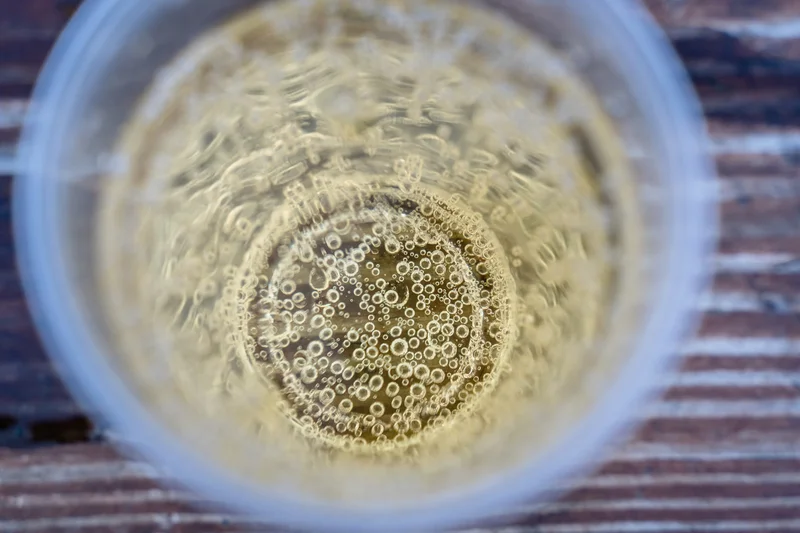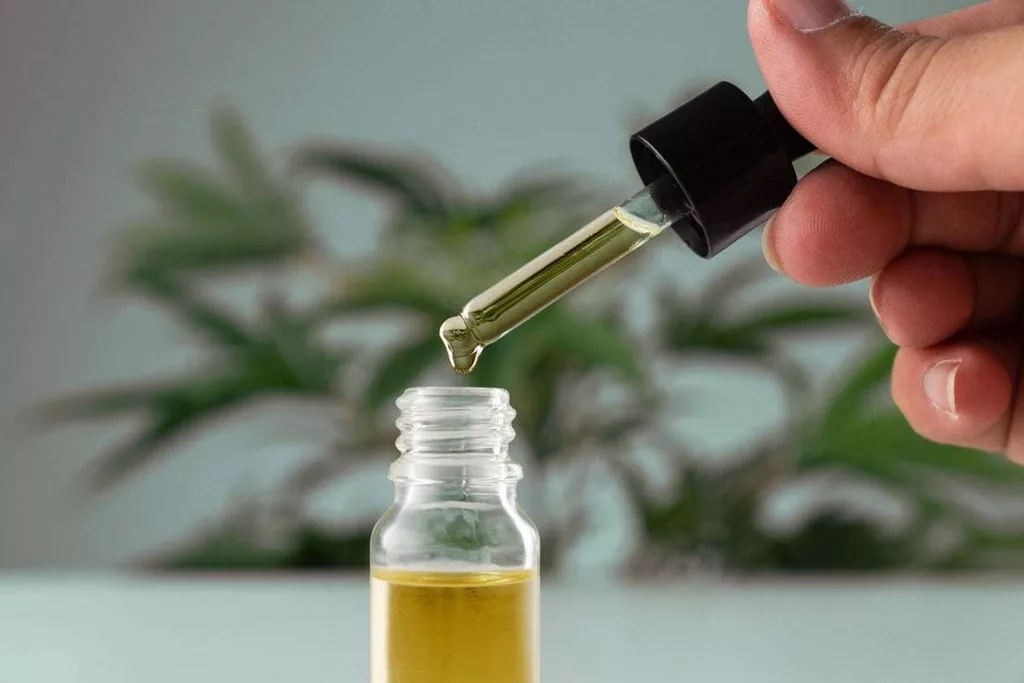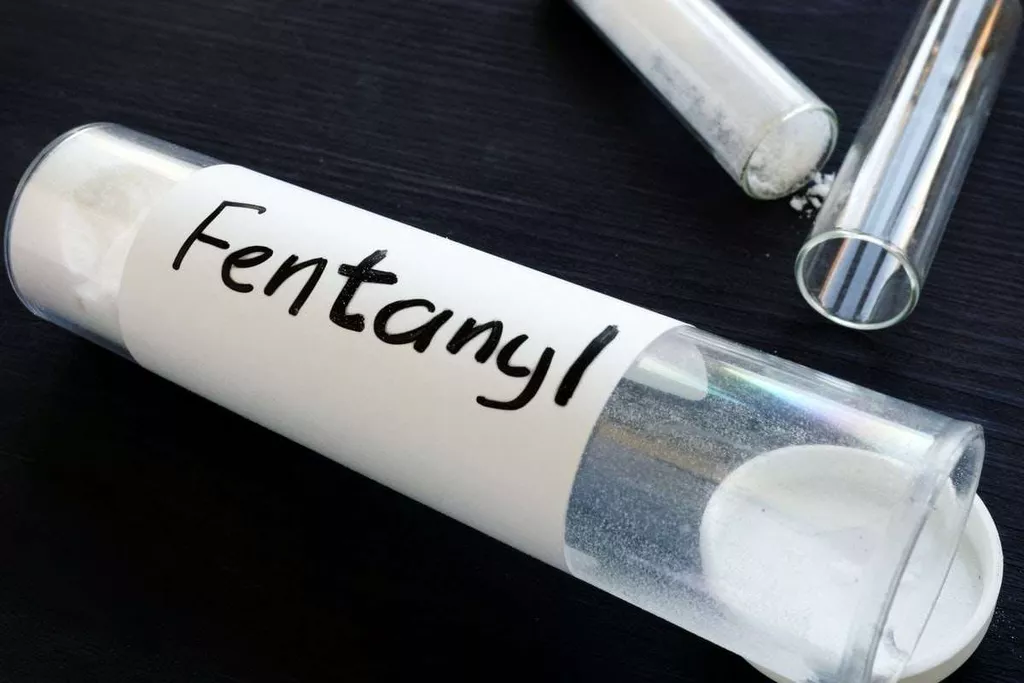Do diabetics sometimes smell like alcohol? Unraveling the Mystery Leave a comment

Saliva helps to keep the mouth clean by washing away bacteria that cause bad breath. When there is less saliva, these bacteria can proliferate, exacerbating the issue of bad breath. This can include reducing or eliminating alcohol consumption, as well as making changes to diet and exercise habits in order to promote overall health and wellness.

Metabolism of ethanol

When someone does not have enough glucose or stored glycogen, the body shifts to burning fat and produces more ketones than usual. Over time, ketones can build up in the bloodstream and make it acidic, creating a significant risk for complications and, in severe cases, organ failure. When you consume it, your body metabolizes alcohol into byproducts that can be released through sweat and breath, often resulting in a distinct and unpleasant smell that lingers. After a night of heavy drinking, you might even find your breath smells a bit like garlic, thanks to acetone-like compounds produced during metabolism.
How Can Laboratory Tests Help Diagnose Alcoholic Ketoacidosis Smell?
- DKA can occur when blood sugar levels become too high and the body begins to break down fat for energy.
- This strong scent is caused by the volatile organic compounds (VOCs) that are present in the alcohol.
- This condition not only affects breath odor but also poses severe health risks if left untreated.
- Staying hydrated helps flush out toxins, while a diet low in carbohydrates may reduce ketone production.
- Drinking plenty of water and ensuring adequate nutrition can help improve liver function and prevent the buildup of toxins and ketones in the body.
- Typical characteristics of the latter may include rhinophyma, tremulousness, hepatosplenomegaly, peripheral neuropathy, gynecomastia, testicular atrophy, and palmar erythema.
The fat-burning process creates a buildup of acids in your blood called ketones, alcoholic ketoacidosis smell which leads to DKA if untreated. Fruity-smelling breath is a sign of high levels of ketones in someone who already has diabetes. It’s also one of the first symptoms that doctors look for when they check for DKA. While it is unlikely that diabetics would smell like alcohol, there are some situations in which a diabetic individual may give off an odor that could be mistaken for alcohol. However, this does not necessarily indicate that they have consumed alcohol and could be due to other factors such as diabetic ketoacidosis or poor hygiene.
Comparison with Diabetic Ketoacidosis

This process leads to the production of ketones, which, if present in high levels, can cause the onset of alcoholic ketoacidosis and its signature smell. During episodes of binge drinking, it’s common for individuals to experience periods of starvation and nutrient depletion. This occurs when alcohol impairs your body’s ability to absorb essential nutrients, such as thiamine.
- The smell of alcohol is a complex mix of different compounds that can vary depending on a variety of factors.
- However, this does not necessarily indicate that they have consumed alcohol and could be due to other factors such as diabetic ketoacidosis or poor hygiene.
- If you have diabetes and notice this odor, it’s essential to consult with a healthcare professional promptly.
- For example, they may be trying to hide the smell of smoke or an illicit substance, or it may be a masking agent for body odor.
- If you notice this type of body odor frequently, it could be a signal to assess your drinking habits.
In some cases, people may also use cologne or perfume to hide the scent of alcohol, so it’s not always a reliable indicator. Another factor that can contribute to alcohol-induced body odor is the dehydration that can occur after drinking. Since alcohol is a diuretic, it increases urine output and can lead to dehydration if we do not drink enough water. When we are dehydrated, our body produces less sweat, which can lead to a buildup of odor-causing bacteria on our skin. When we drink alcohol, it gets absorbed into our drug addiction bloodstream and is eventually processed in the liver.

Infection or other illnesses such as pancreatitis can also trigger alcoholic ketoacidosis in people with alcohol use disorder. First and foremost, initial stabilization is vital, as it helps to manage the symptoms and complications of alcoholic ketoacidosis. The primary goal is to restore your body’s electrolyte levels, such as potassium, magnesium, and phosphorus.

